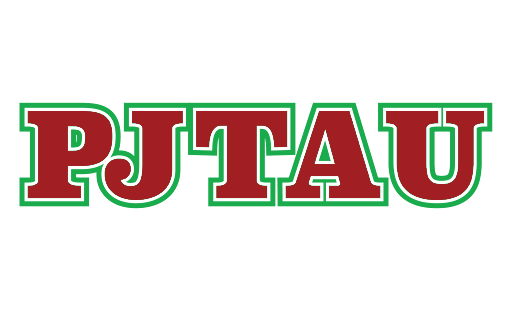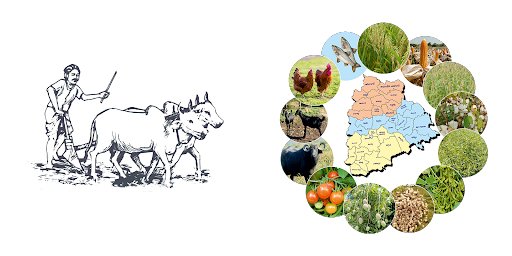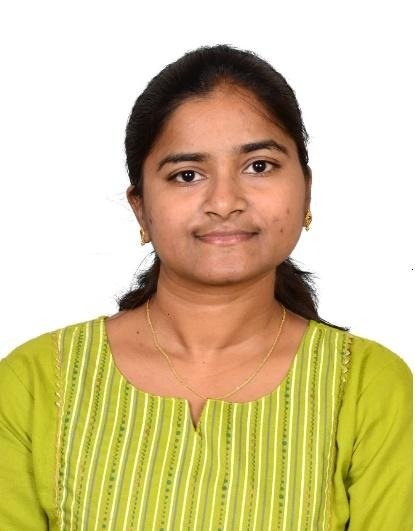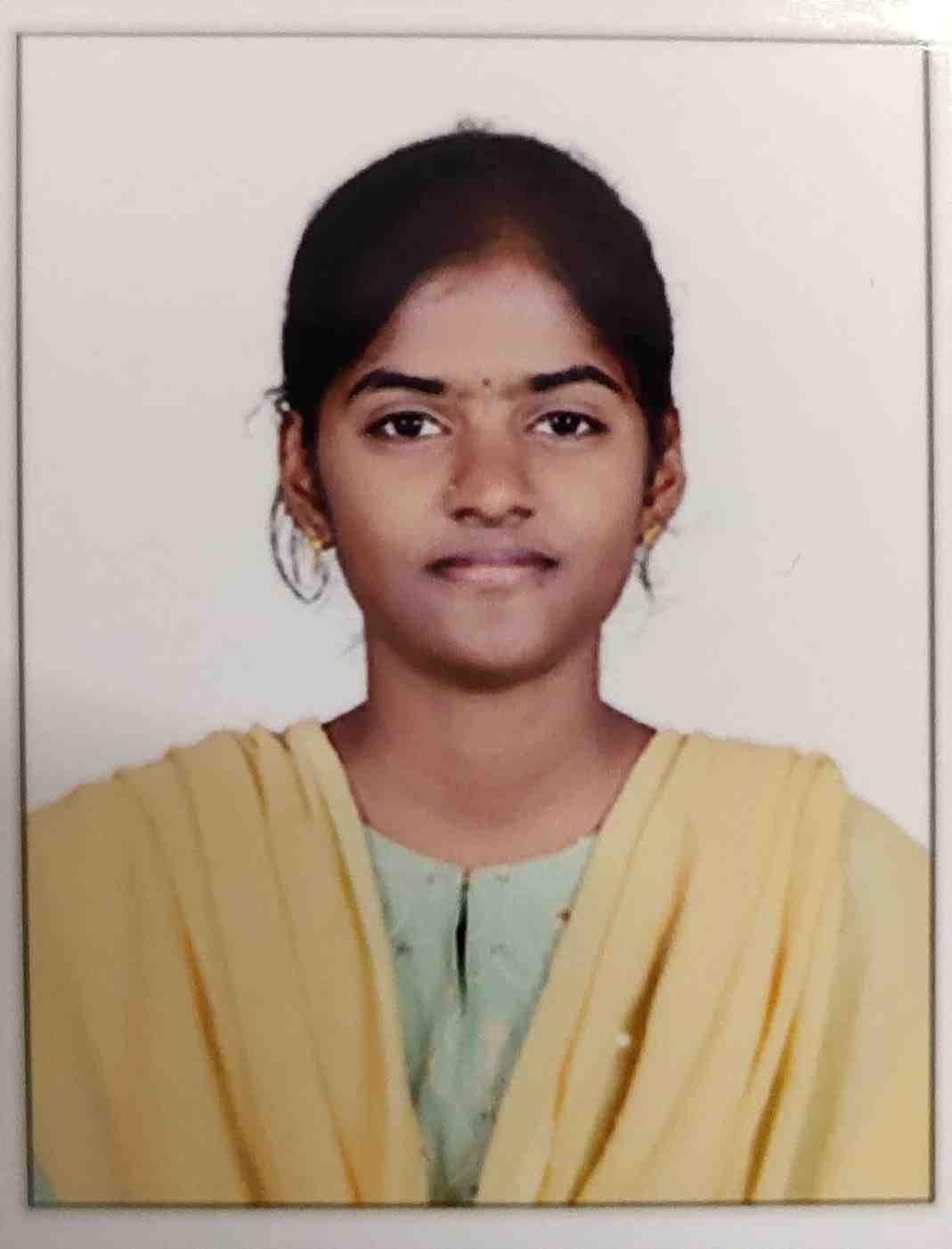Department of Agronomy
The postgraduate programme in Agronomy provides advanced knowledge in crop production, soil management and sustainable farming practices. It focuses on enhancing crop yields while, promoting environmental sustainability through modern research, resource-efficient techniques and climate-resilient strategies
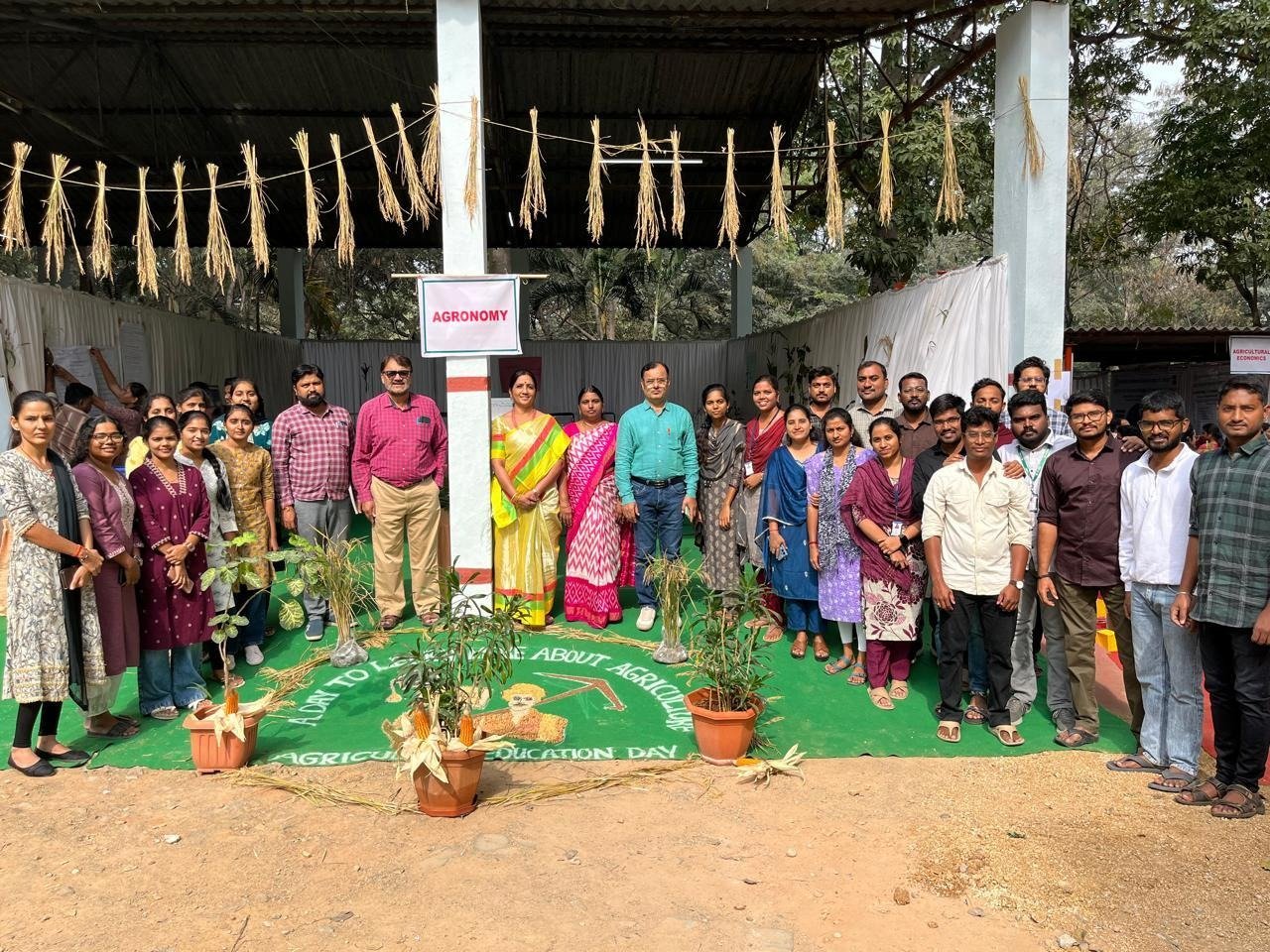
Teaching Staff Details
| S.No. | Name | Designation | Field of Specialization | Photo | Contact Details |
|---|---|---|---|---|---|
| 1 | Dr. S. A. Hussain | Professor (AL-15) & Head | INM, Crops and Cropping Systems |  |
hussainsyed786@yahoo.com |
| 2 | Dr. G. Sreenivas | Professor (AL-15) | Crop Modelling and Agrometeorology |  |
gsreenivas2022@gmail.com |
| 3 | Dr. A. Baby | Professor (AL-15) | Water Management, Crop Modelling and Environmental Science |  |
babys_akula@yahoo.co.in |
| 4 | Dr. A. Madhavi Lata | Professor | Agro-forestry and Cropping Systems |  |
mlata.017@gmail.com |
| 5 | Dr. K. Bhanu Rekha | Professor | Drip Fertigation, Weed and Nutrient Management in Crops and Cropping Systems |  |
kbrekhaagron2006@gmail.com |
| 6 | Dr. B. Murali | Associate Professor | Forages, Cropping Systems and Weed Science | 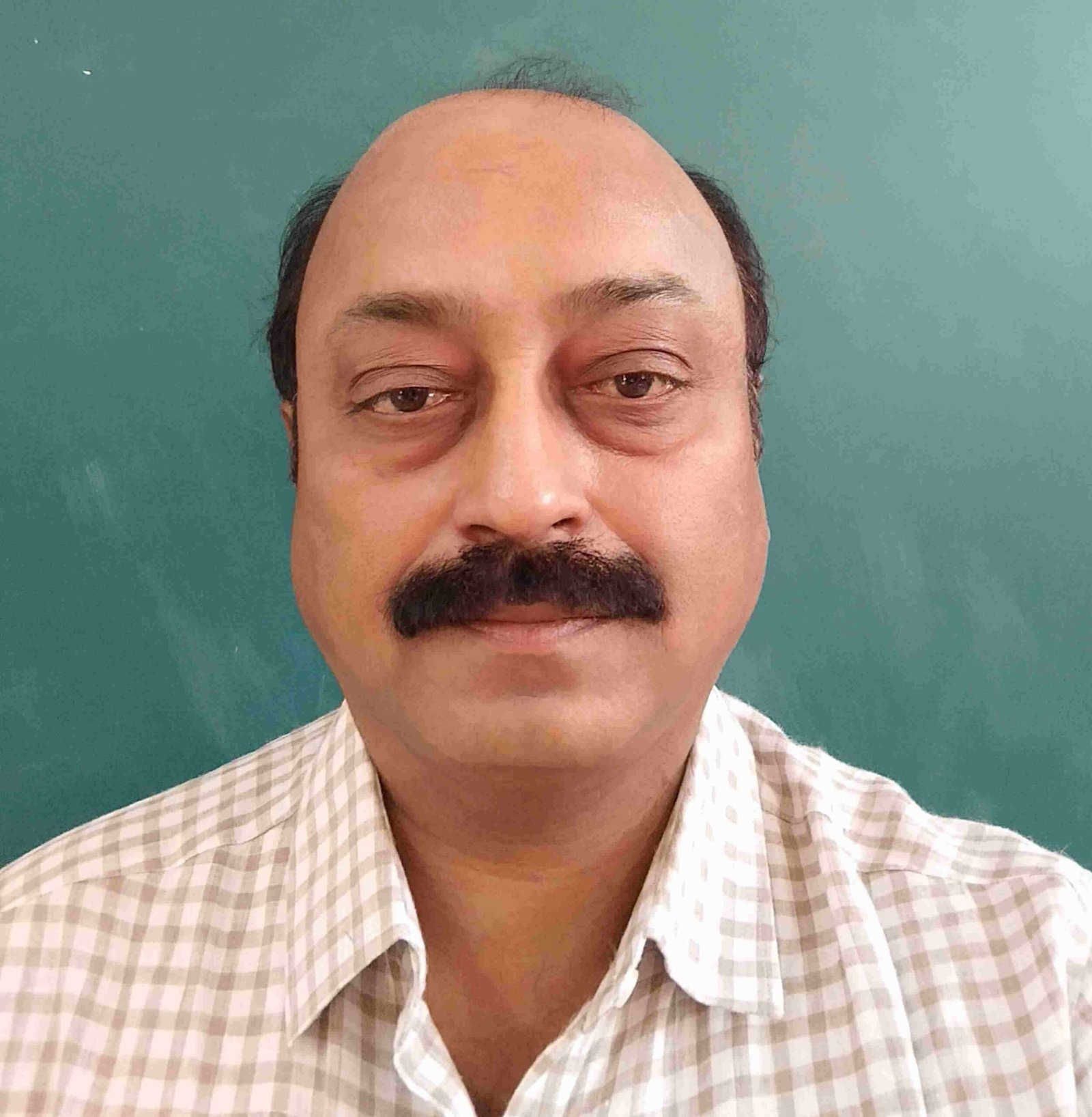 |
Muralibellamkonda1@gmail.com |
| 7 | Dr. P. Revathi | Associate Professor | Drip Irrigation and Establishment Methods in Rice |  |
revathi.pallakonda5@gmail.com |
| 8 | Dr. K. Shekar | Assistant Professor | Nutrient Management |  |
kaluvalashekar333@gmail.com |
Student Experiences

